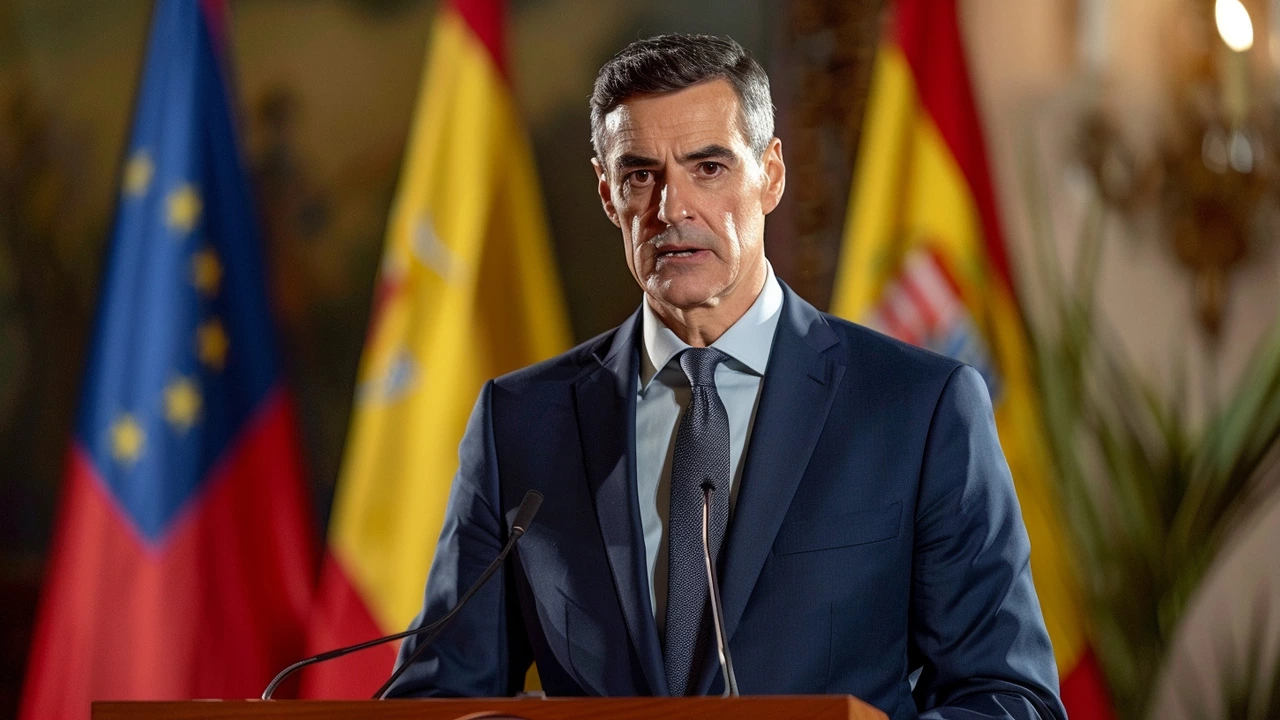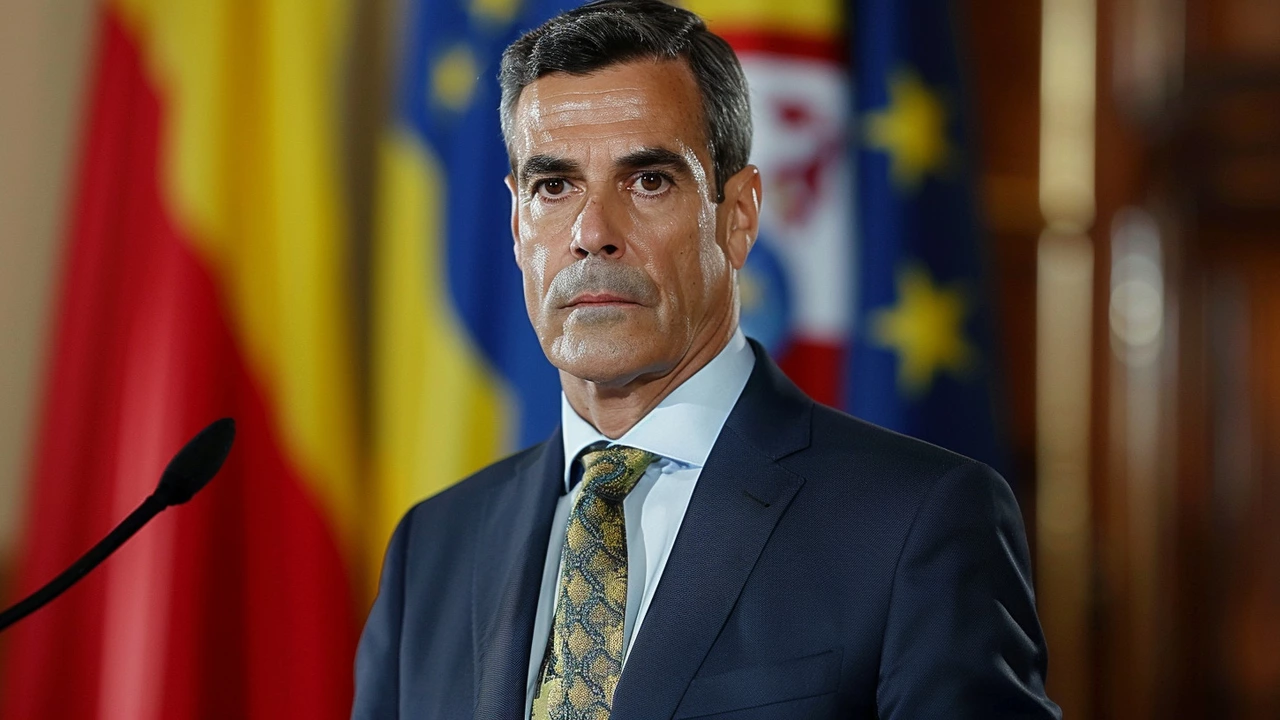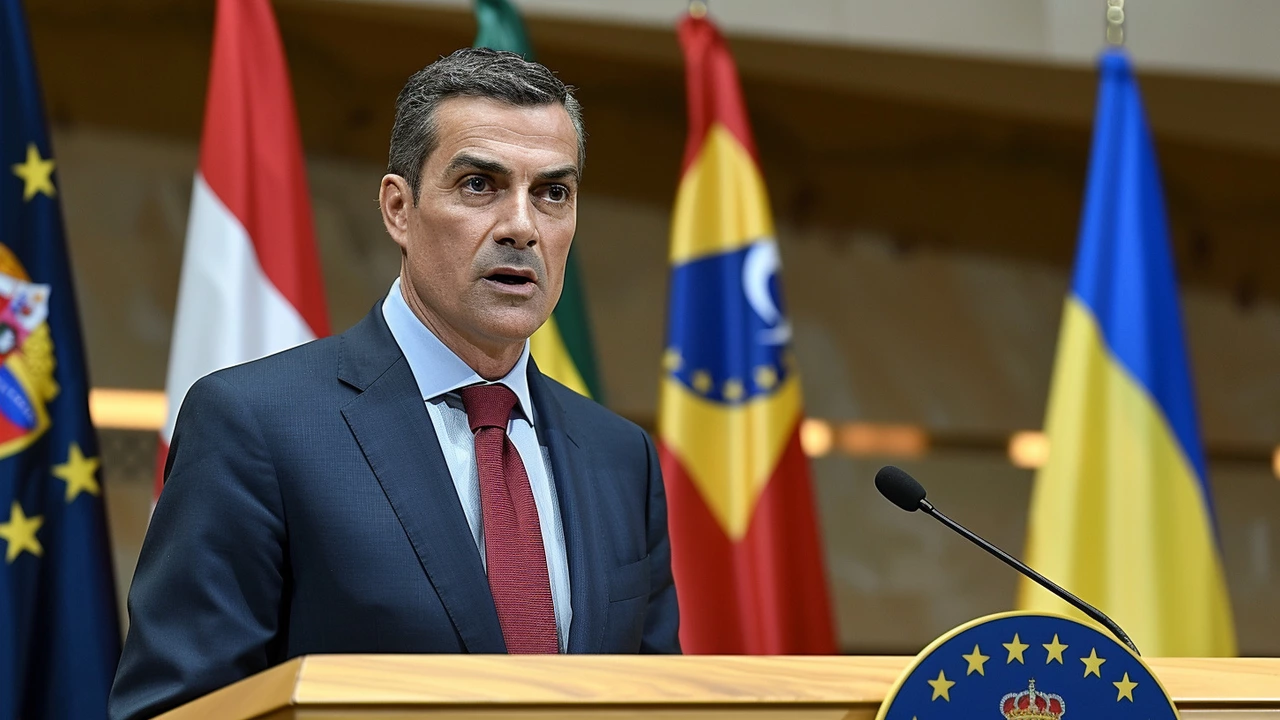Spain, Ireland, and Norway to Recognise Palestine
Spain, Ireland, and Norway are poised to become the latest European nations to formally recognise the state of Palestine. This significant development follows similar moves by Sweden and Iceland and signifies a notable shift in European diplomacy regarding the Israeli-Palestinian conflict. Over the next few weeks, these recognitions are expected to be officially announced, highlighting the growing dissatisfaction within Europe over Israel's continued settlement activities in territories earmarked for a future Palestinian state.
Background and Context
The decisions by Spain, Ireland, and Norway are set against a backdrop of stagnated peace negotiations between Israel and the Palestinian authorities. These talks have been at a standstill since 2014, primarily due to disagreements over issues such as borders, the status of Jerusalem, and Israeli settlements in the occupied West Bank and East Jerusalem. These areas are considered by international law to be occupied territories, and the construction of Israeli settlements there has been deemed illegal by the United Nations.
The growing frustration with the lack of progress towards a two-state solution is palpable within Europe. The European Union has long supported the creation of a sovereign Palestinian state alongside Israel, as part of a comprehensive peace agreement. However, with peace negotiations at a stalemate, individual European countries are increasingly taking matters into their own hands, seeking to exert pressure on Israel by recognising Palestinian statehood unilaterally.

Signs of Change
Norway's parliament has already voted in favor of recognising Palestine, reflecting a strong political consensus on the issue. Spain's cabinet is anticipated to approve the recognition soon, following debate and consultation with key stakeholders. In Ireland, the parliament has passed a resolution calling for the recognition of Palestine, and it is expected that the government will follow through on this mandate in the near future.
Symbolism and Diplomacy
While these acts of recognition are largely symbolic, they carry substantial diplomatic weight. By recognising Palestine as a sovereign state, these European countries are affirming the Palestinian people's right to self-determination and sovereignty. This recognition is not just a gesture of solidarity but also a strategic move to revive the peace process by increasing pressure on Israel.
These recognitions send a clear message to Israel that the status quo is untenable and that continued settlement-building cannot be accepted by the international community. It is hoped that this pressure will encourage Israel to return to the negotiating table and work towards a comprehensive and fair peace agreement with the Palestinians.
Reactions and International Implications
The decision by Spain, Ireland, and Norway to recognise Palestine is likely to increase tensions between these European nations and Israel. Israel has historically opposed any unilateral recognition of Palestinian statehood, arguing that such moves undermine the peace process and embolden Palestinian hardliners who reject direct negotiations.
The United States, traditionally a staunch ally of Israel, has also opposed unilateral recognitions of Palestinian statehood. However, the Biden administration has indicated a more open stance towards recognising the legitimacy of Palestinian aspirations for statehood, signaling a potential shift in American policy. This nuanced approach may pave the way for increased international pressure on Israel to engage in meaningful peace negotiations.
Impact on Palestinian Leadership
For the Palestinian leadership, these recognitions are a significant diplomatic victory. They lend credibility to the Palestinian cause on the international stage and provide a boost to President Mahmoud Abbas and his administration, who have been seeking greater support for Palestinian statehood. It is likely that these recognitions will embolden the Palestinian leadership to further pursue their strategy of seeking international recognition and support for their cause.
This international backing could also play a crucial role in bolstering Palestinian civil society, providing much-needed moral support to Palestinians living under occupation and in exile. The hope is that these recognitions will translate into tangible benefits for the Palestinian people, including increased aid and investment in Palestinian infrastructure and development projects.

Looking Ahead
The recognition of Palestine by Spain, Ireland, and Norway marks a turning point in European diplomacy concerning the Israeli-Palestinian conflict. It reflects a growing impatience within Europe for a resolution to the long-standing conflict and an acknowledgment that the international community must take a more active role in pushing for peace. While the path to a two-state solution remains fraught with challenges, these recognitions represent an important step towards achieving that goal.
In the coming months, the international community will be closely watching how these recognitions impact the dynamics of the Israeli-Palestinian conflict. Will increased diplomatic pressure on Israel lead to a renewed commitment to peace negotiations? Or will the move further entrench the divisions and hostilities that have long plagued the region? Only time will tell.
What is certain, however, is that the recognitions of Palestine by Spain, Ireland, and Norway send a powerful message: the international community is no longer willing to accept the status quo, and the rights of the Palestinian people must be acknowledged and respected. It is a message of hope and solidarity that may yet pave the way for lasting peace in the Middle East.
